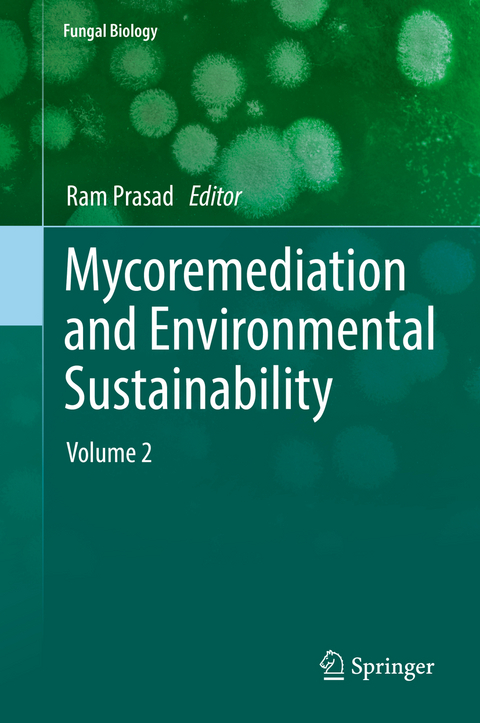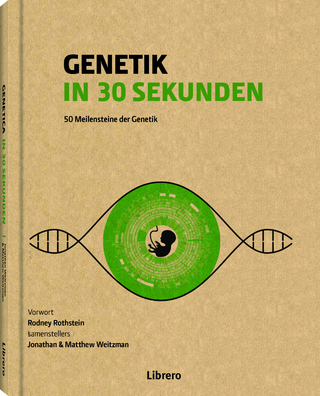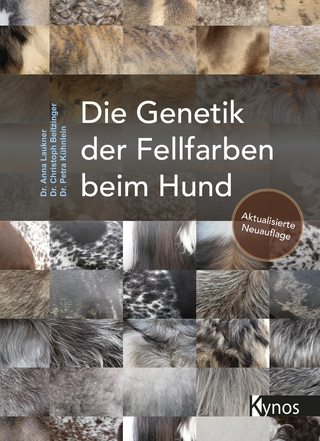
Mycoremediation and Environmental Sustainability
Springer International Publishing (Verlag)
978-3-319-77385-8 (ISBN)
Ram Prasad is Assistant Professor at the Amity Institute of Microbial Technology, Amity University, Uttar Pradesh, India. Dr. Prasad completed his Ph.D. at the Department of Microbiology, Chaudhary Charan Singh University, Meerut, UP, India, in collaboration with School of Life Sciences, Jawaharlal Nehru University (JNU), New Delhi, India. He received his M.Sc. in Life Sciences at JNU and also qualified CSIR-NET, ASRB-NET, and GATE. His research interest includes plant microbe-interactions, sustainable agriculture and microbial nanobiotechnology. Dr. Prasad has ninety five publications to his credit, including research papers & book chapters and five patents issued or pending, and edited or authored several books. Dr. Prasad has eleven years of teaching experience and he has been awarded the Young Scientist Award (2007) and Prof. J.S. Datta Munshi Gold Medal (2009) by the International Society for Ecological Communications; FSAB fellowship (2010) by the Society for Applied Biotechnology; Outstanding Scientist Award (2015) in the field of Microbiology by Venus International Foundation; and the American Cancer Society UICC International Fellowship for Beginning Investigators (USA, 2014). In 2014-2015, Dr. Prasad served as Visiting Assistant Professor in the Department of Mechanical Engineering at Johns Hopkins University, USA.
Preface.- Bioremediation Applications with Fungi .- Role of Phytochelatines (PCs), Metallothionines (MTs) and Heavy metal ATPase (HMA) Genes in Heavy Metal Tolerance.- Production of Biooils from Microbial Biomasses.- Mycoremediation of Agricultural soil: Bioprospection for sustainable development.- Bioremediation and Decolorization of Textile Dyes by White Rot Fungi and Laccase Enzymes.- Mycoremediation of Common Agricultural Pesticides.- Bioremediation of Insecticides by White Rot Fungi and its Environmental Relevance.- An Overview of Fungal Applications in the Valorization of Lignocelullosic Agricultural By-products: The case of Two-phase Olive Mill Wastes.- Fungal Conversion and Valorization of Winery Wastes.- Biosorption of Dye and Heavy Metal Pollutants by Fungal Biomass: A Sustainable Approach.- Application of Myconanotechnology in the Sustainable Management of Crop Production System.- Obligate Marine Fungi and Bioremediation.- Mycoremediation Mechanisms for Heavy Metal Resistance/Tolerance in Plants.- Fungal Derived Chitosan Based Nanocomposites: A Sustainable Approach for Heavy Metal Biosorption and Environmental Management.- Index.-
| Erscheinungsdatum | 09.06.2018 |
|---|---|
| Reihe/Serie | Fungal Biology |
| Zusatzinfo | XVII, 392 p. 73 illus., 34 illus. in color. |
| Verlagsort | Cham |
| Sprache | englisch |
| Maße | 155 x 235 mm |
| Gewicht | 777 g |
| Themenwelt | Naturwissenschaften ► Biologie ► Genetik / Molekularbiologie |
| Naturwissenschaften ► Biologie ► Mikrobiologie / Immunologie | |
| Naturwissenschaften ► Biologie ► Mykologie | |
| Schlagworte | Agricultural by-products • bioremediation • decolorization • Fungi • nanotechnology • Soil Pollution • Waste |
| ISBN-10 | 3-319-77385-2 / 3319773852 |
| ISBN-13 | 978-3-319-77385-8 / 9783319773858 |
| Zustand | Neuware |
| Informationen gemäß Produktsicherheitsverordnung (GPSR) | |
| Haben Sie eine Frage zum Produkt? |
aus dem Bereich


